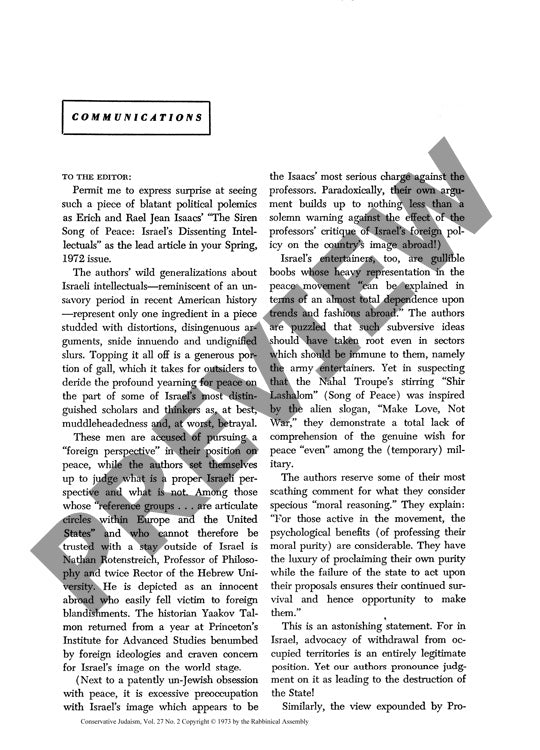Communications
Couldn't load pickup availability
Israeli peace intellectuals faced intense criticism in the early 1970s for allegedly prioritizing international approval over national security when advocating territorial withdrawal and negotiations. Through analysis of written communications between critics and defenders of these academics, deep divisions emerge regarding the legitimacy of intellectual dissent on matters of national defense. Critics portrayed peace advocates as dangerously influenced by foreign perspectives, while defenders maintained that calls for territorial withdrawal represented valid democratic discourse. The methodology focused on examining written exchanges and public debates between these opposing camps during a pivotal period of Israeli policy formation. A key tension surfaces in the disproportionate amplification of peace movement voices in American publications relative to their actual influence within Israeli society. The analysis reveals persistent conflicts between preserving intellectual freedom and meeting national security imperatives, particularly regarding diaspora scholars' role in Israeli policy debates. These historical exchanges illuminate broader questions about acceptable boundaries of political dissent, the impact of international academic networks on domestic policy positions, and the complex balance between moral imperatives and security pragmatism in democracies facing existential threats.

More Information
-
Physical Description
-
Publication Information
Published 1973
ISBN
-
Publication Credits

